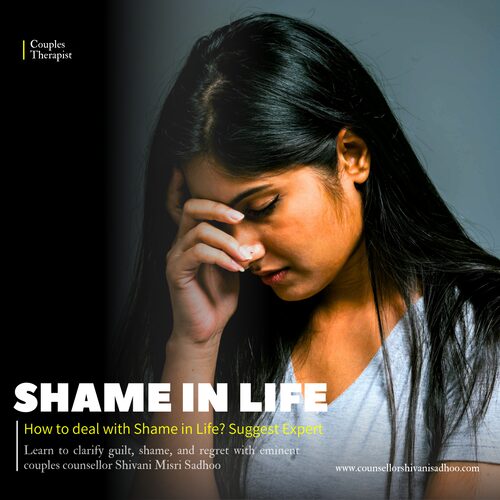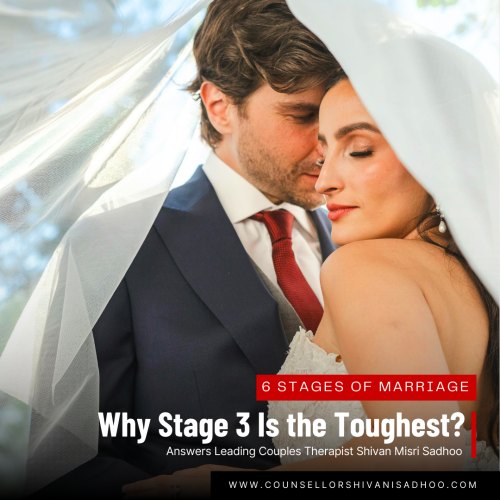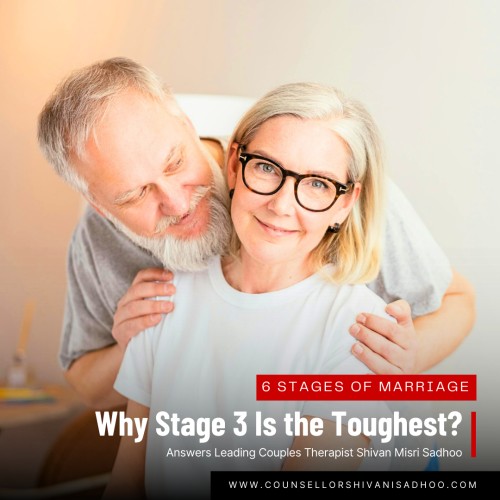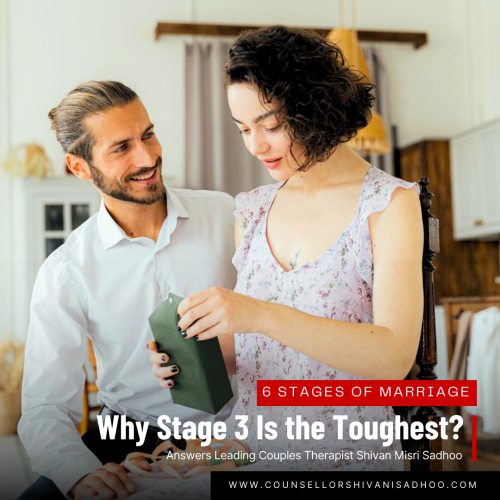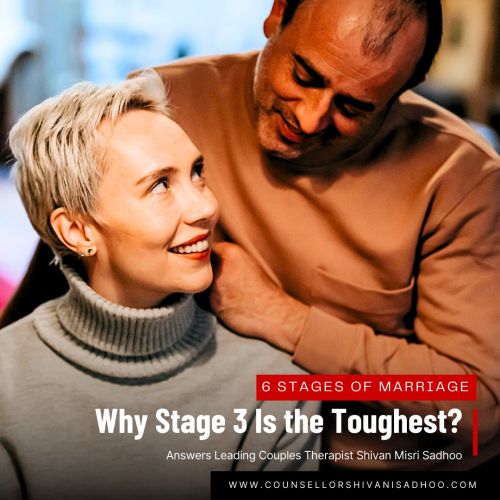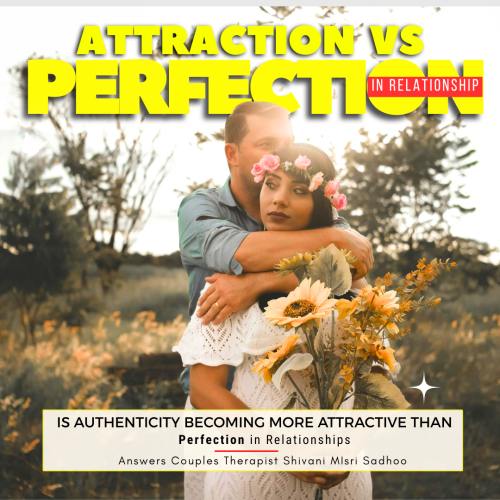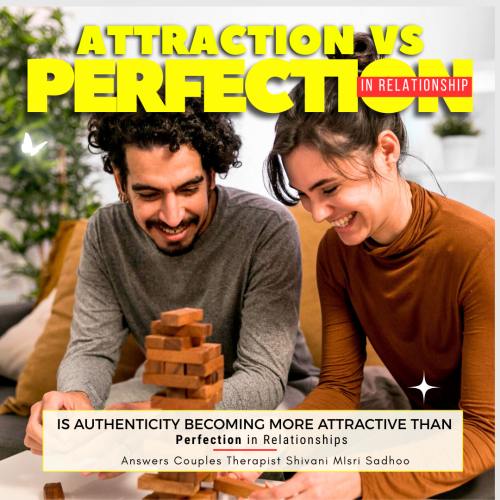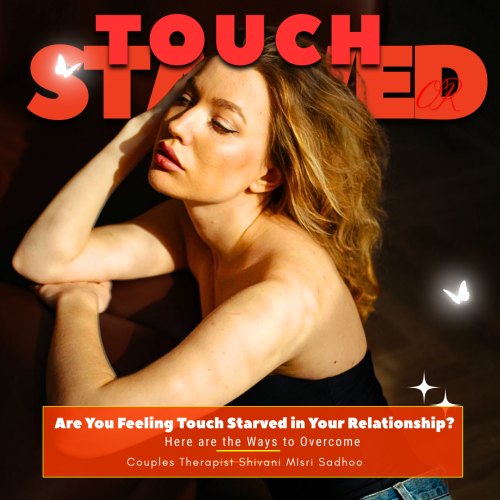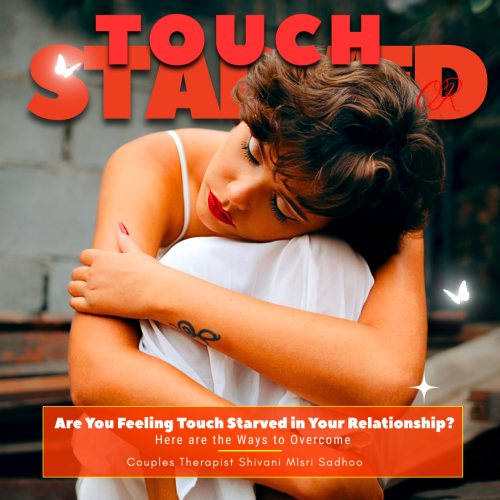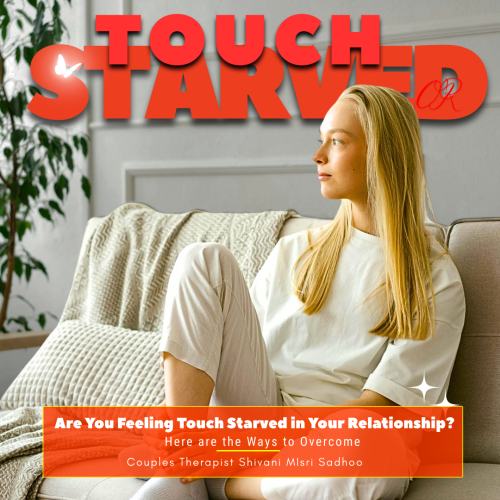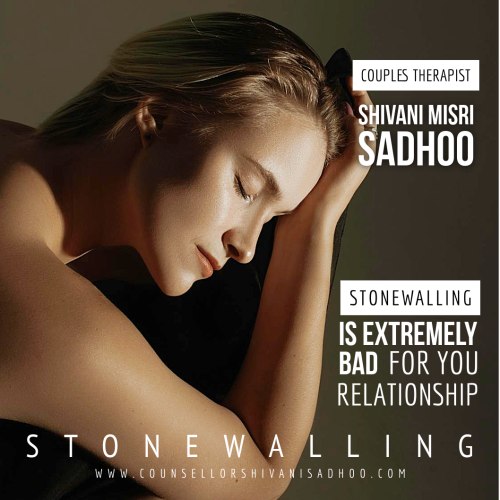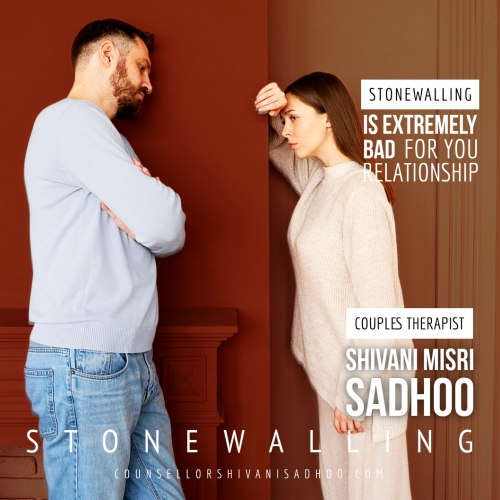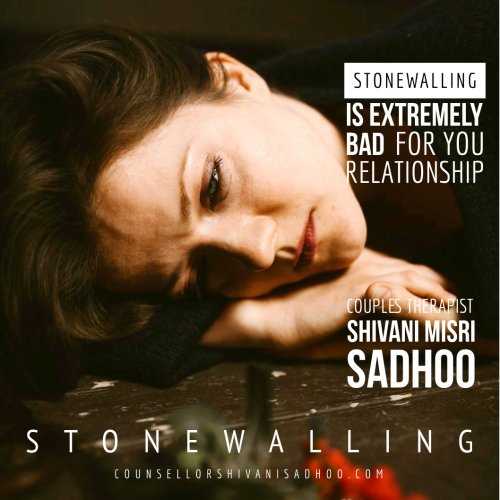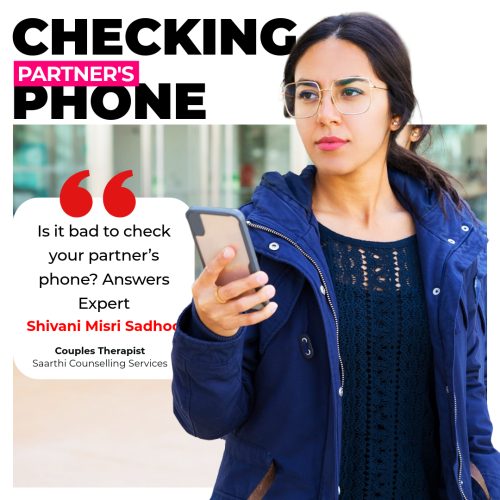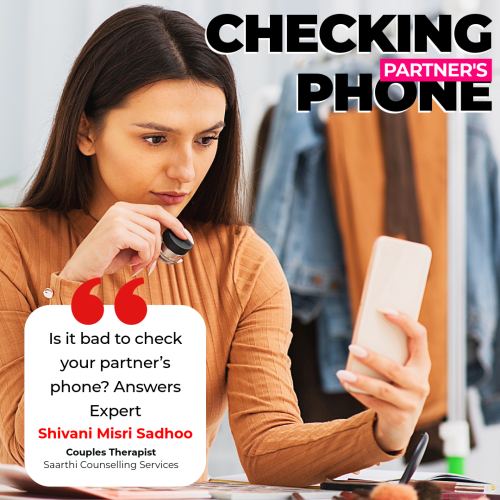Have you ever replayed a conversation in your head and cringed at what you said? Or remembered an awkward moment and felt your cheeks burn? These experiences are common, but the feelings behind them vary. At times, we simply feel embarrassed. Other times, we feel guilty about something we did. But when the discomfort goes deeper and touches our very sense of worth, that is shame.
While guilt says “I did something bad,” shame whispers “I am bad.” And unlike embarrassment or guilt, shame is more damaging if left unchecked. Eminent psychologist and marriage counsellor in India, Shivani Misri Sadhoo explains that learning how to deal with shame is vital for mental health, self-confidence, and healthy relationships.
What is Shame?
Shame is the uncomfortable belief that you are flawed, unworthy, or “not good enough.” It often arises after mistakes, criticism, or rejection. For example, forgetting a partner’s birthday may cause temporary guilt, but if you start believing that this makes you careless or unlovable, the heavy, sinking emotion you feel is shame.
Psychologists distinguish between two types of shame—healthy and toxic. Healthy shame is temporary and acts as a signal that you have fallen short of your values, motivating you to correct your actions and do better. Toxic shame, on the other hand, runs much deeper. Instead of being tied to a single mistake, it becomes part of your identity, making you feel permanently flawed and unworthy. If left unchecked, this type of shame can undermine your confidence, weaken relationships, and even affect physical and emotional well-being.
Why Shame Hurts More Than Guilt or Embarrassment?
Embarrassment usually comes from awkwardness in social situations, such as forgetting someone’s name or tripping in public. Guilt is connected to specific actions, like missing a deadline or breaking a promise. Shame, however, is different because it attacks identity itself, convincing you that you are fundamentally wrong as a person.
When mistakes become linked to self-worth, the emotional weight of shame intensifies. People often respond by avoiding others, striving for perfection, or isolating themselves. Over time, shame can fuel deeper struggles such as anxiety, depression, and a lack of trust in relationships, making it far more destructive than guilt or embarrassment.
How to Deal with Shame in Life?
You should try the following ways to deal with shame:
1. Recognize and Acknowledge Shame
The first step in overcoming shame is awareness. Pay attention to situations that trigger defensiveness, anger, or withdrawal—these often mask shame. Notice how it feels in your body: heaviness, a desire to hide, or discomfort in social situations. Journaling these moments can help reveal patterns. Awareness shifts shame from something unconscious to something you can actively work on.
2. Understand the Root Causes
Shame often has roots in childhood experiences, social pressures, or repeated criticism. Growing up in an environment where love or acceptance was conditional can create lasting feelings of inadequacy. Similarly, struggles with identity, finances, or academic performance may contribute. Recognizing that much of this shame is inherited—not chosen—can ease the burden. You are not defined by past judgments or circumstances.
3. Practice Self-Compassion
Self-compassion is the antidote to shame. Instead of harsh self-criticism, treat yourself with the same kindness you would offer a close friend. When shame arises, pause and ask: What would I say to someone I love if they felt this way? This shift helps you move from judgment to understanding. Even if it feels unnatural at first, practicing small acts of self-kindness—like gentle self-talk or taking breaks when overwhelmed—builds resilience over time.
4. Challenge Negative Beliefs
Shame often thrives on distorted thinking such as “I don’t belong” or “I will fail.” Cognitive Behavioral Therapy (CBT) techniques encourage questioning these thoughts:
- What evidence supports this belief?
- What evidence challenges it?
- How would I view this situation if it happened to someone else?
Replacing absolute, negative beliefs with balanced perspectives reduces shame’s power.
5. Build Supportive Connections
Shame pushes people to hide, but connection is the cure. Talking to trusted friends, partners, or mentors can normalize your struggles. Often, you will discover others have faced similar feelings. Vulnerability in safe relationships breaks shame’s cycle of secrecy and self-isolation.
6. Seek Professional Guidance
Sometimes shame is deeply rooted and hard to manage alone. In such cases, working with a therapist is invaluable. A trained professional provides a safe, non-judgmental space to explore emotions, uncover root causes, and develop healthier coping strategies. Approaches like CBT or Acceptance and Commitment Therapy (ACT) help reframe negative thought patterns and rebuild self-worth.
Living Beyond Shame
Shame is universal—everyone experiences it at some point. But it does not have to define you. By recognizing its presence, understanding where it comes from, treating yourself with compassion, and seeking help when necessary, you can loosen shame’s grip.
As psychologist Shivani Misri Sadhoo emphasizes, dealing with shame is not about erasing mistakes but about refusing to equate them with your identity. With awareness, kindness, and courage, you can step out from shame’s shadow and live with greater confidence, peace, and self-acceptance.









